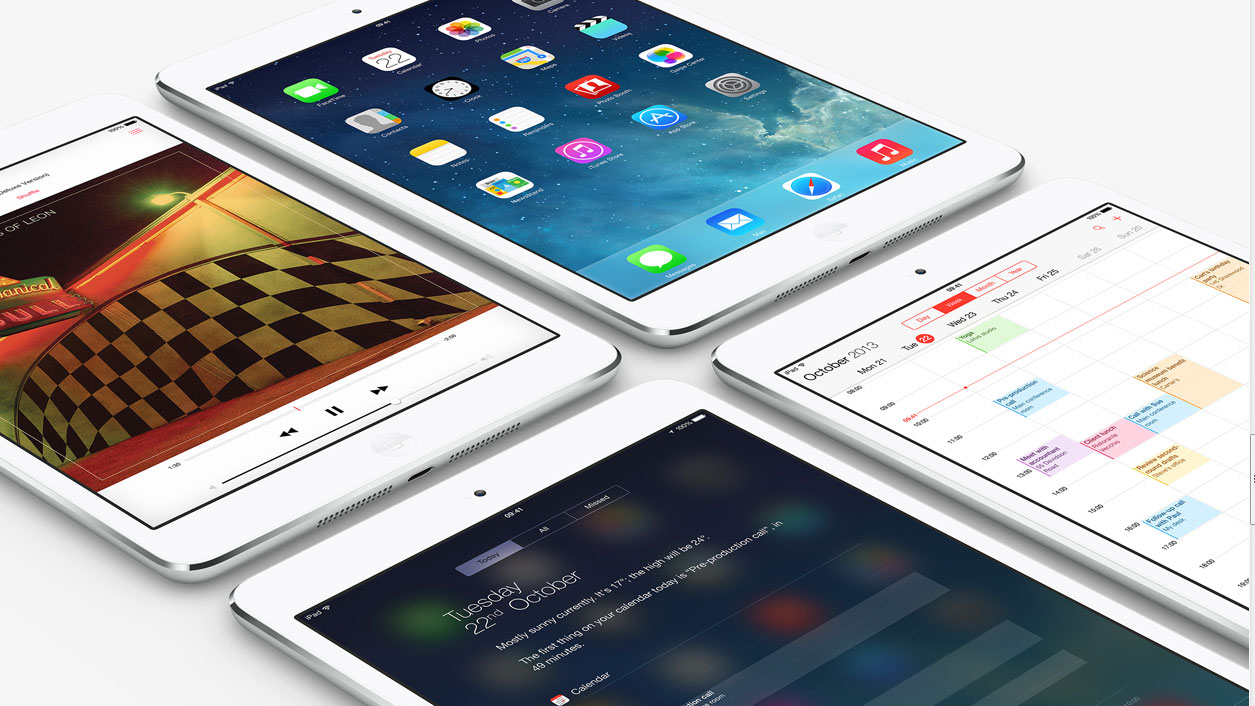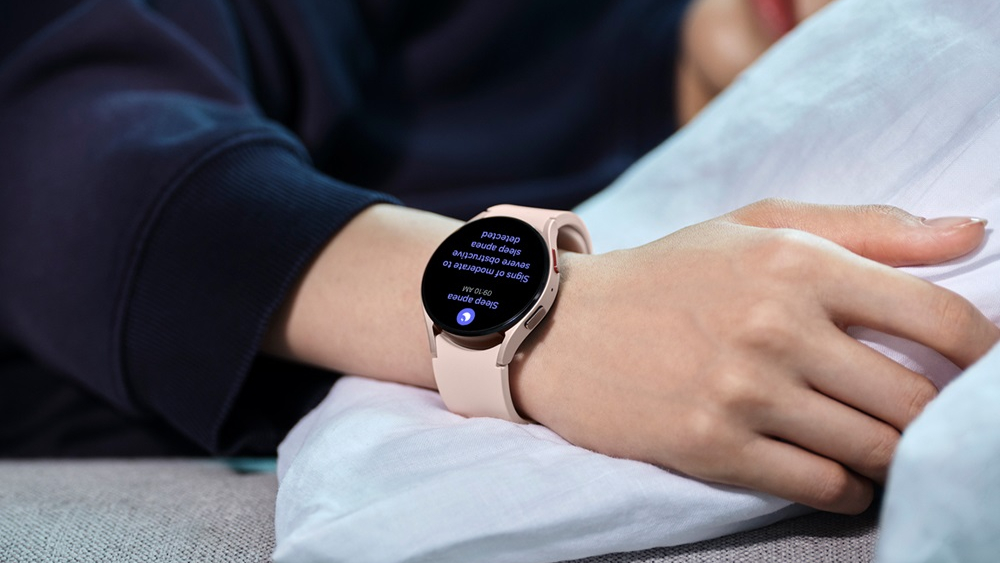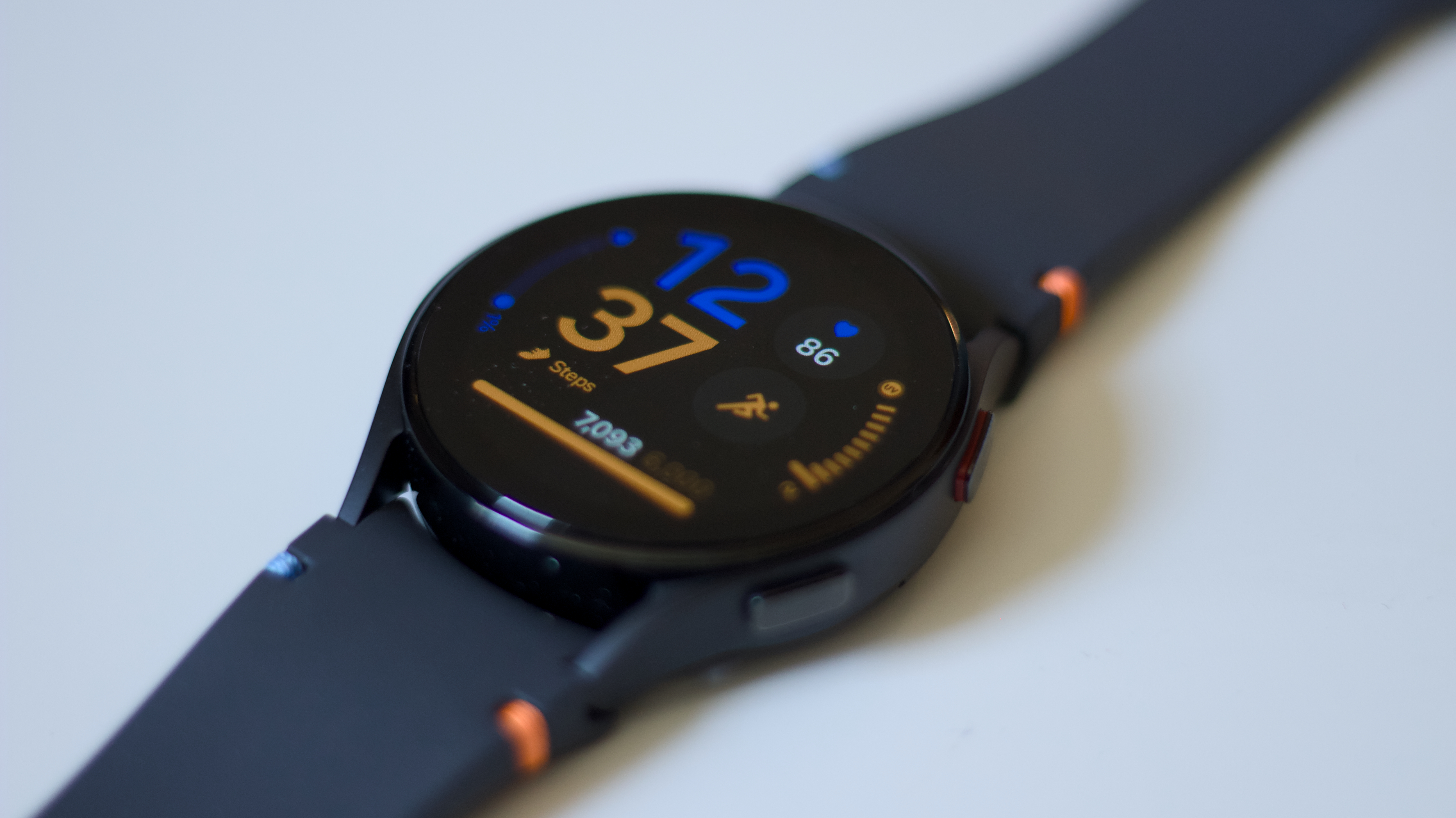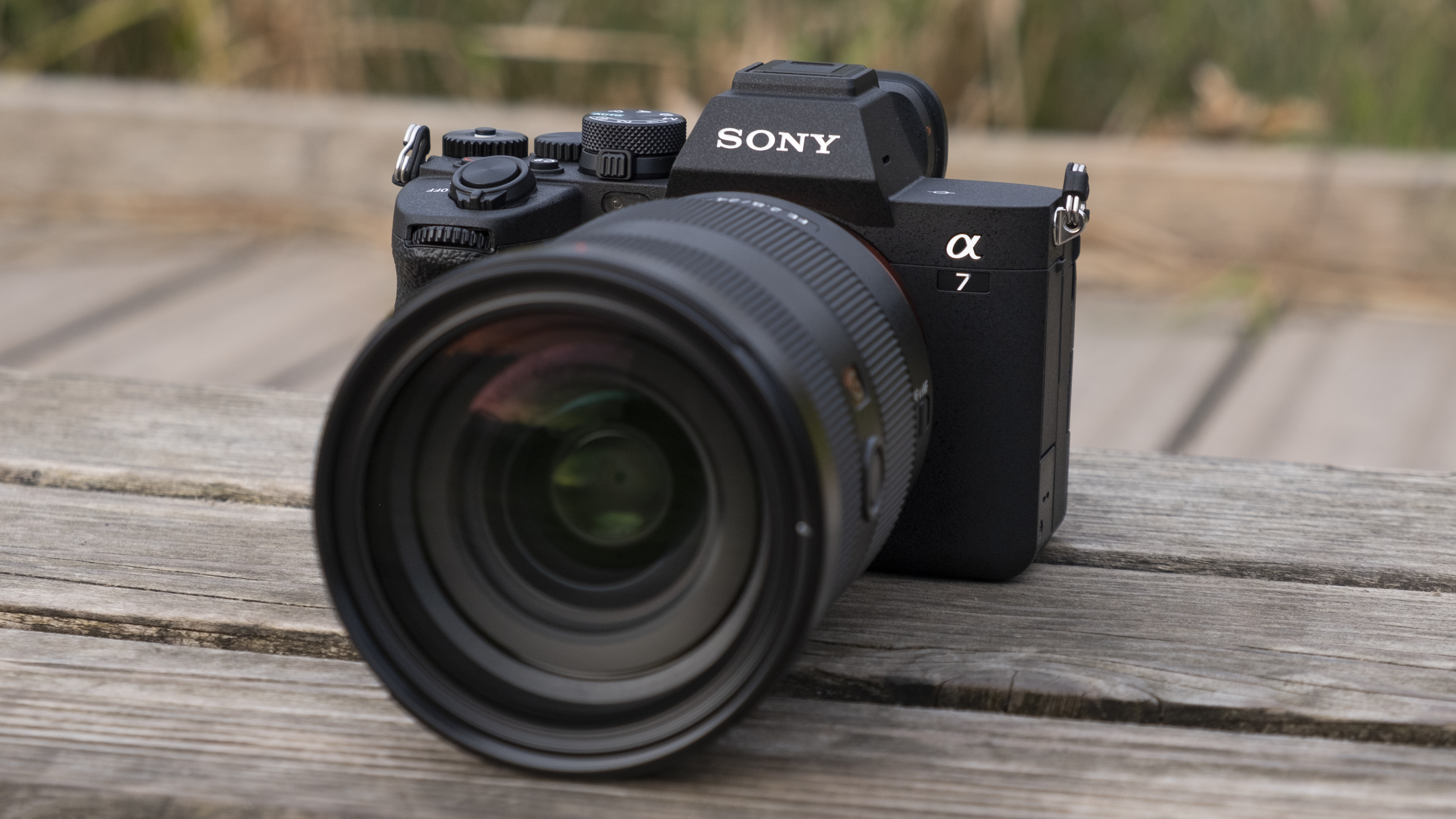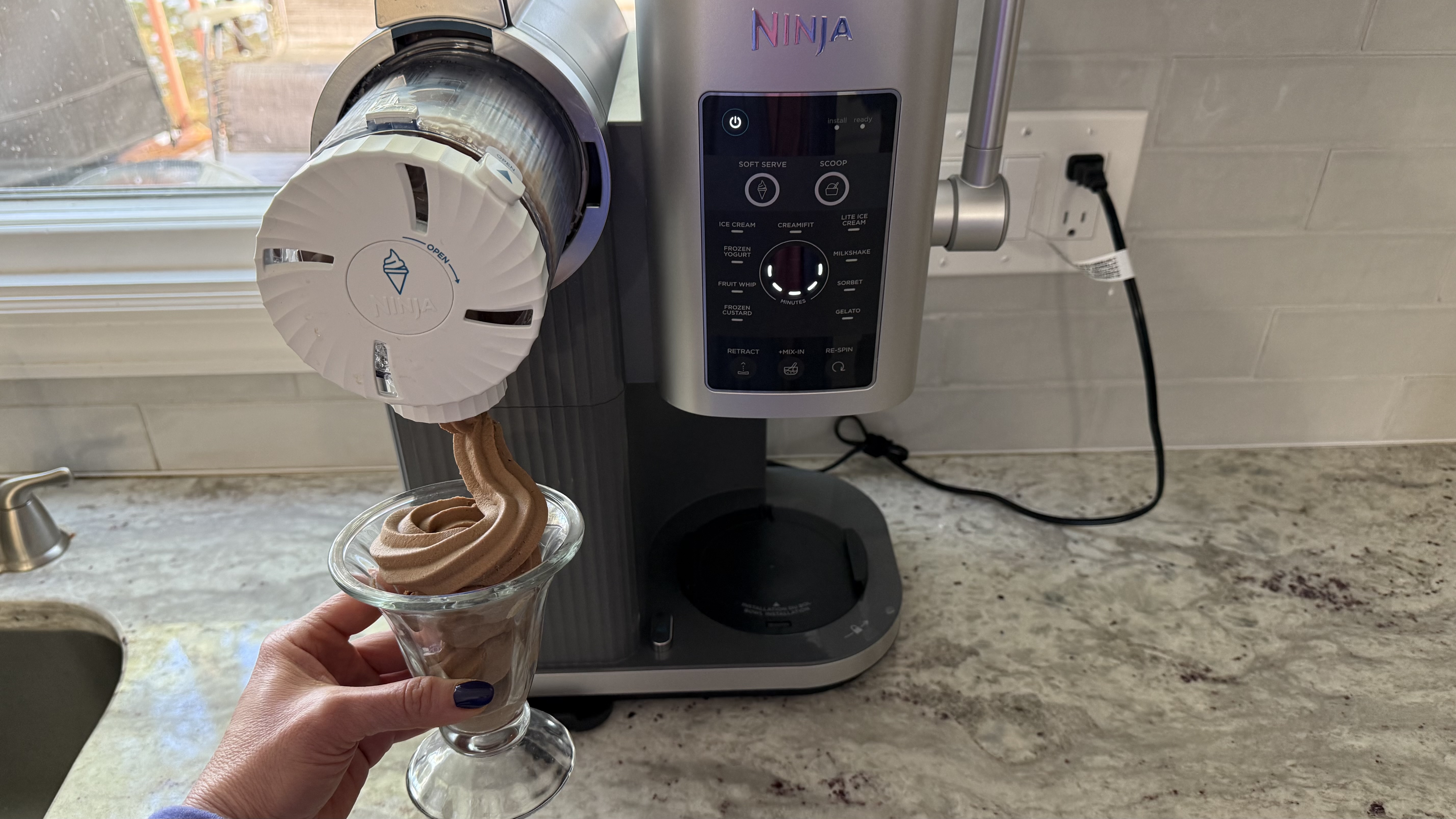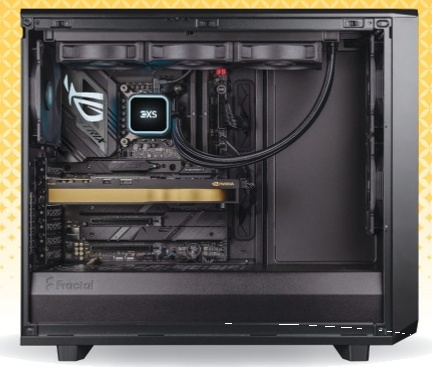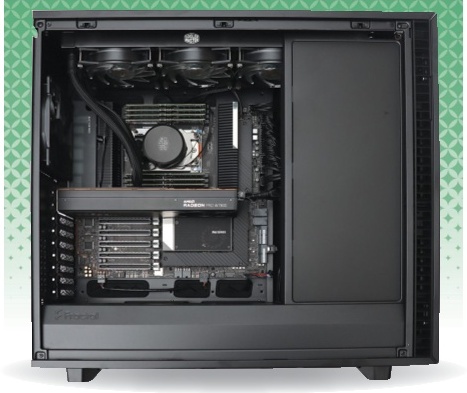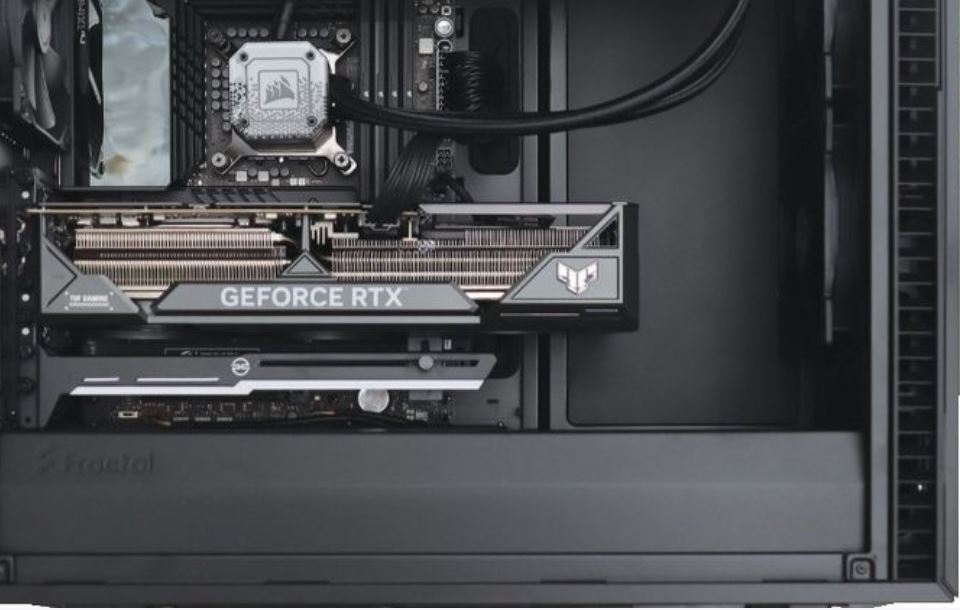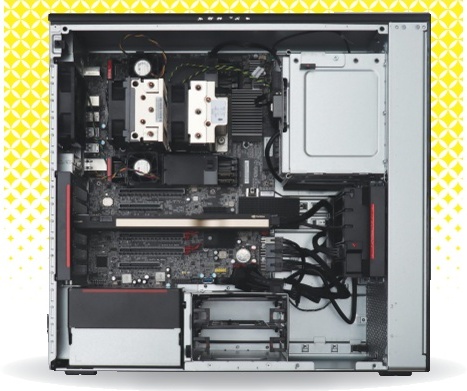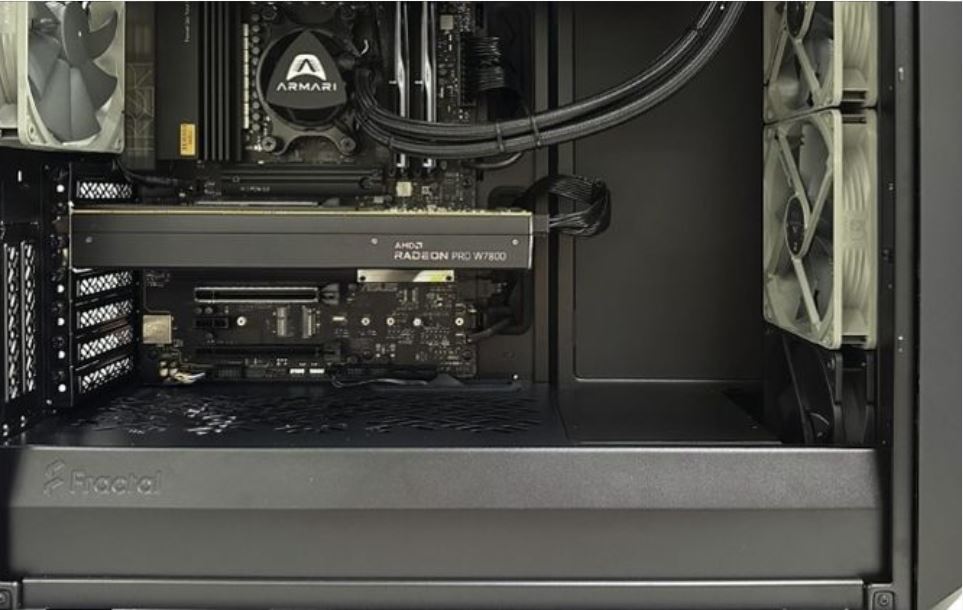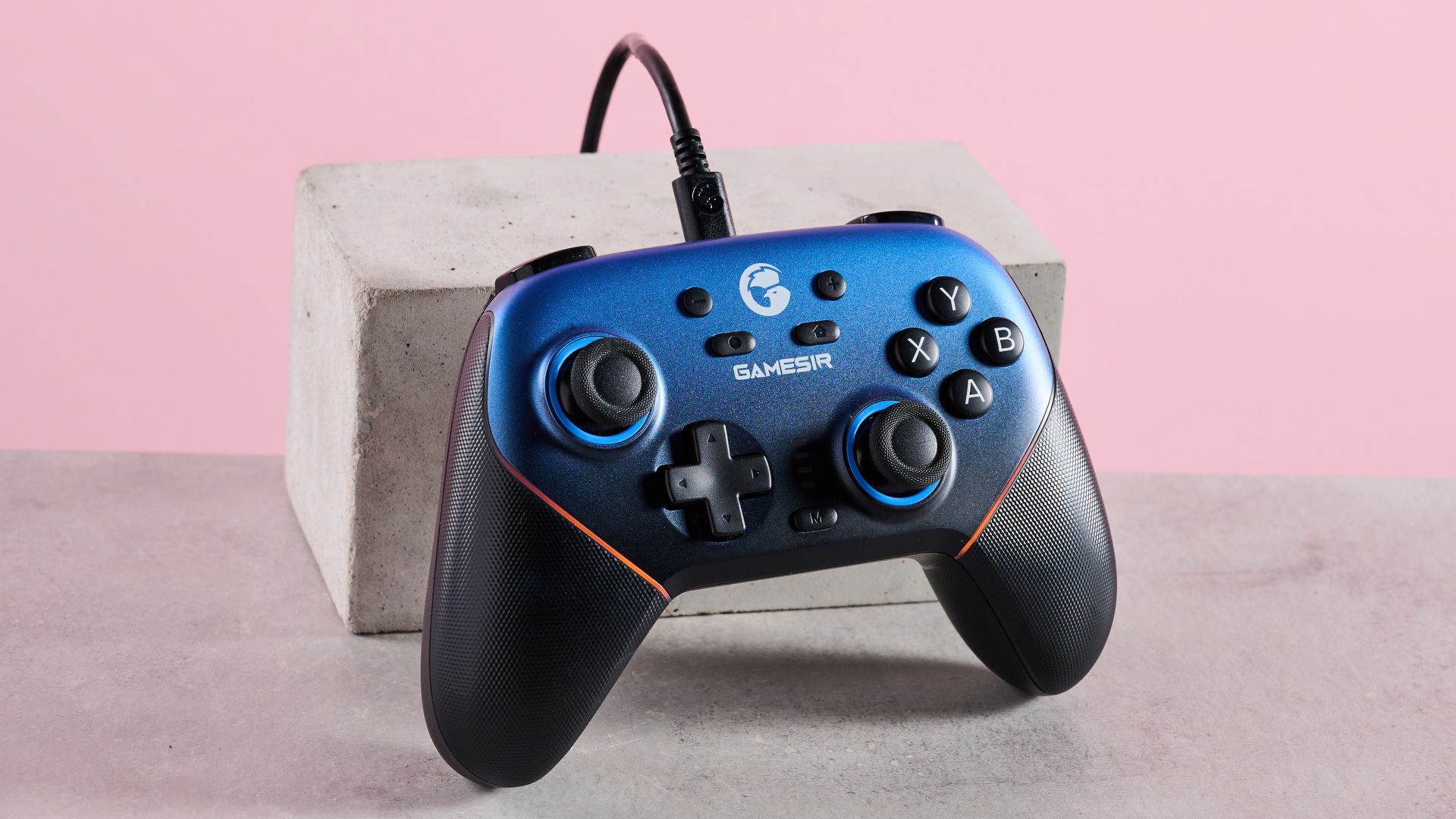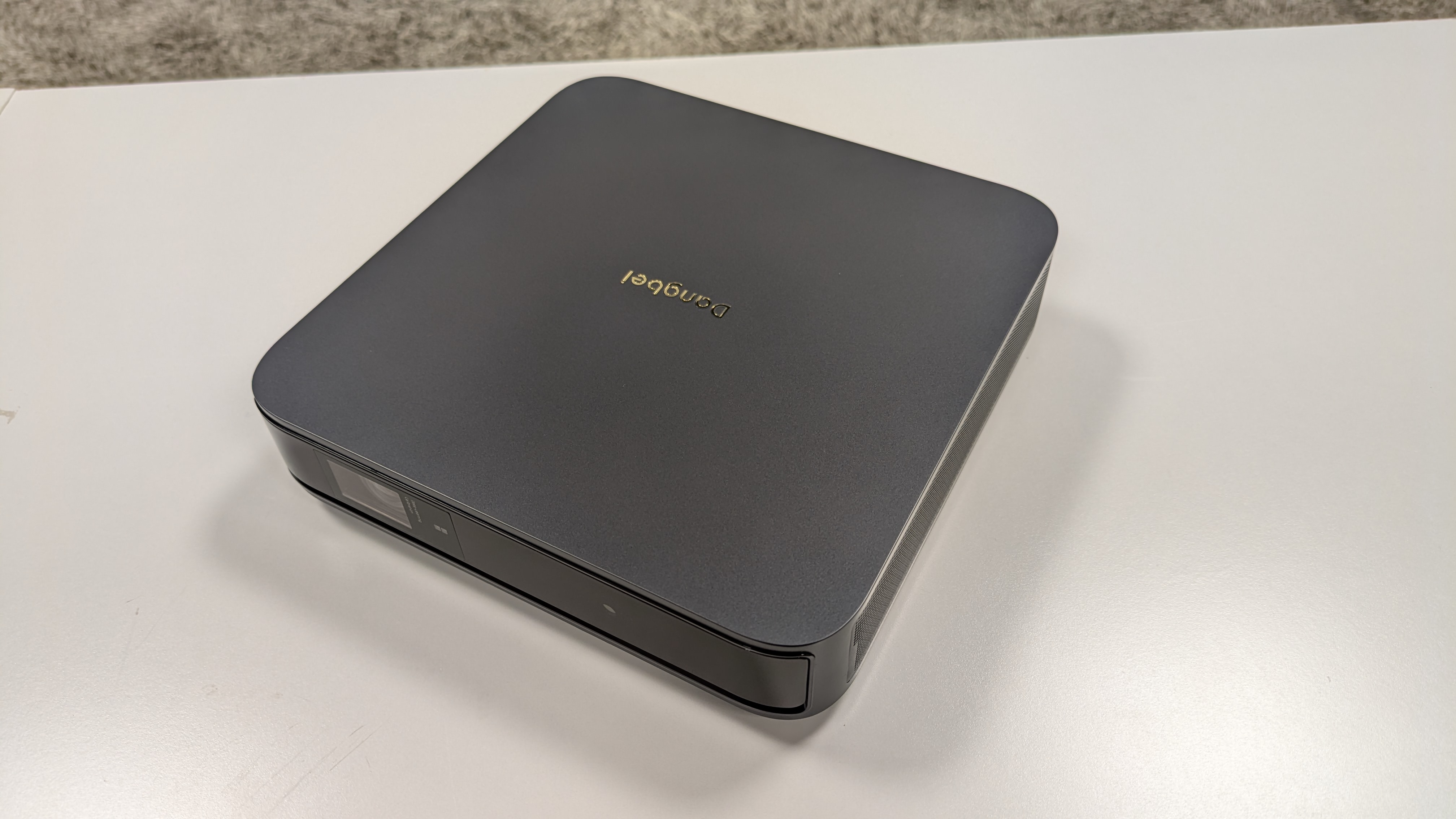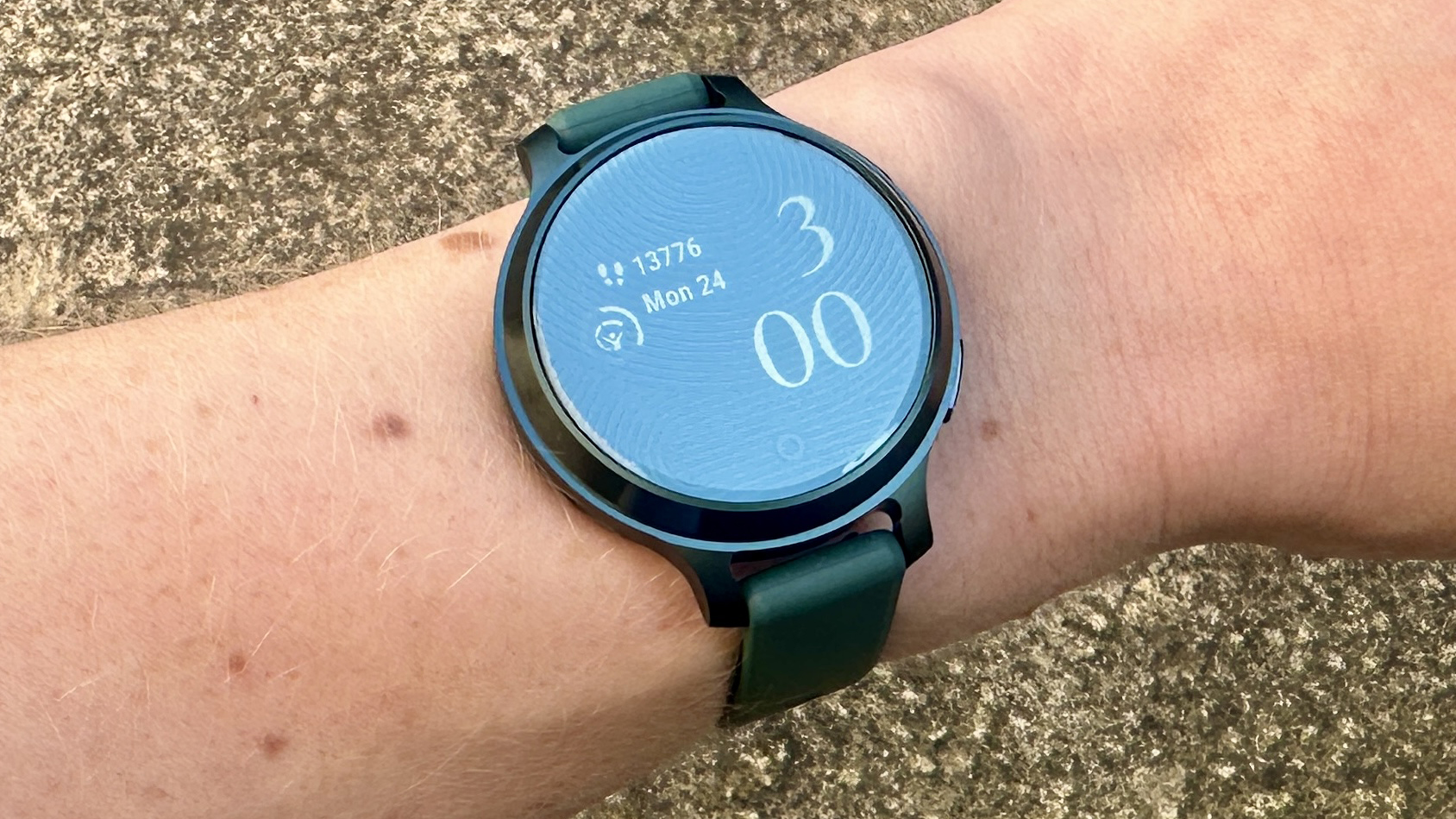Why you can trust TechRadar
The iPad mini 2's interface won't be a surprise to anyone running a current iPhone or iPad, as it launched with iOS 7 and can now be updated to iOS 9, or more specifically iOS 9.2.1.
But beyond the new features I'm happy to report the iPad mini 2 is nice and fast, despite being a touch slower when it comes to CPU performance compared with the iPad Air.
We're getting to a point where describing a smartphone or tablet as quick under the finger is pointless – once you reach a certain point there's not a lot more speed to be gained.
Even dual-core phones were more than acceptable – so, you might ask, why make a point of highlighting the speed of the iPad mini 2?
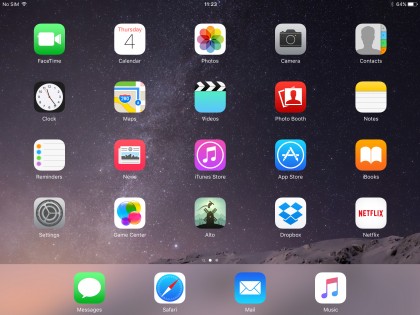
Well, it's just virtually flawless through all kinds of tasks. A millisecond faster from a finger press might not seem like much, but if you do a hundred or a thousand of them in a day, and then go back to the first iPad mini, you'll realise there's a real difference in terms of operation.
Even two-and-a-half years down the line, the iPad mini 2 feels fast and responsive, and it's easily able to cope with the rigours of iOS 9.
iOS 7, iOS 8 and iOS 9
Like it or loathe it, iOS 7 was still a real step forward for a company that desperately needed to refresh its offering in the face of stiff competition from Android. Since then, we've had two major mobile OS upgrades from Apple, further refining the software.
The flatter interface takes away the pointless need to pretend all apps are real-life objects just to integrate them into people's lives – users know that pressing the Photos app will take them there.
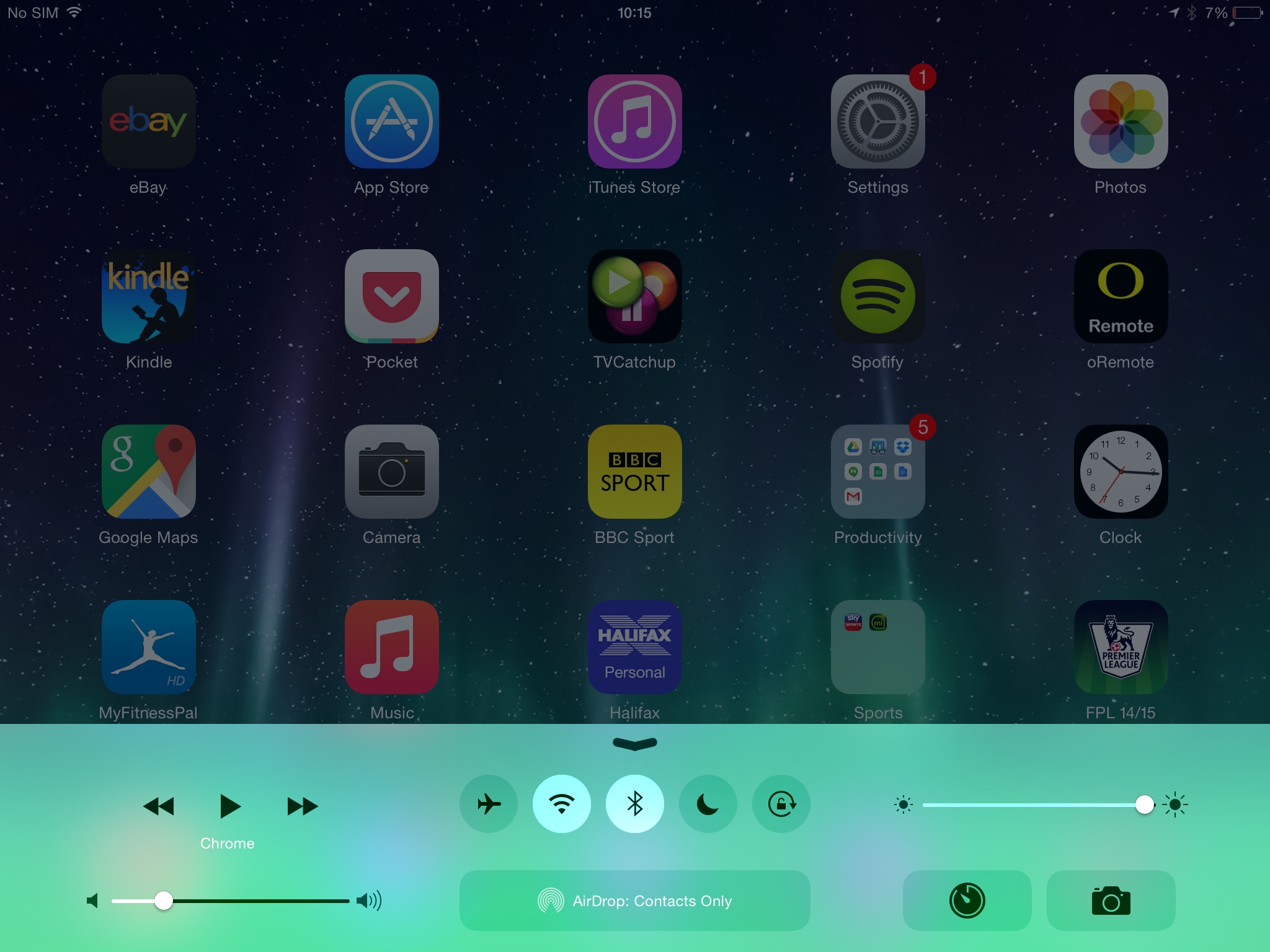
Like most popular platforms that get upgraded, there was a large amount of flack coming Apple's way for iOS 7, but things like the Parallax effect (which moves the image in the background to create a 3D effect) are much more stable on the iPad mini 2 than they were previously.
They don't even have a huge effect on battery life, which is impressive in itself.
One of the bigger features introduced with iOS 7 was the notification bar, accessed by dragging from the top of the tablet and providing access to updates, calendar entries and missed messages. iOS 8 made some clever tweaks to the Notification Center, and iOS 9 has added a bunch of new features.
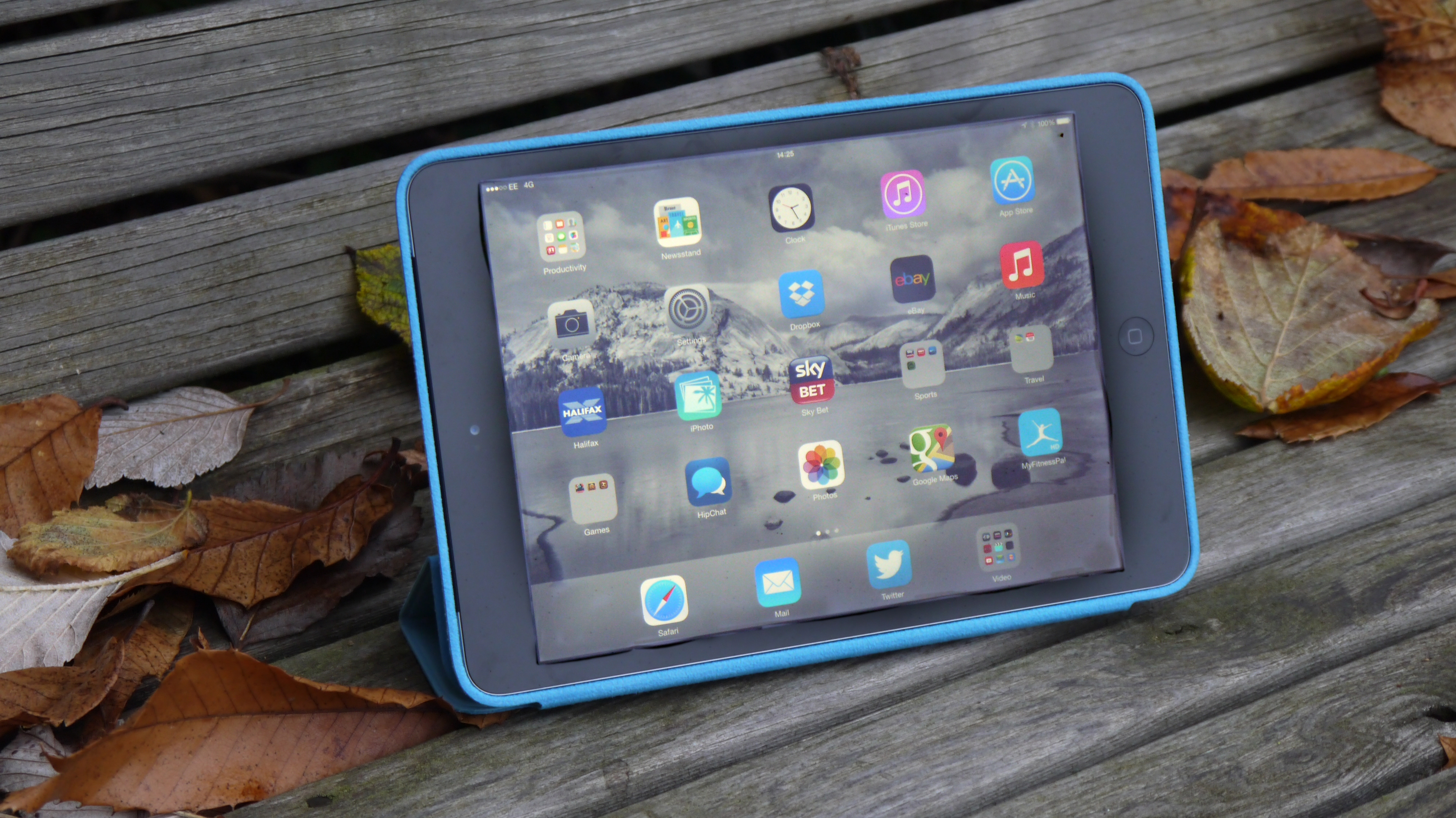
Apple's mobile OS has now developed to be a mature, easy-to-use, powerful operating system for mobile devices, and it works just fine on the iPad mini 2 – there's no sluggishness just because you're using older hardware.
As usual, to keep things simple Apple doesn't like to provide too much in the way of customization options. For some that's amazing, but for others it feels locked down, and far too authoritarian on a device they've paid a lot of money for.
There are tonnes of nuances to Apple's UI that I'd like to laud here, but I invite you to go and use it for yourself, as despite there being no tutorial, there's very little here that the novice user won't be able to pick up.
Last year's iOS 9 update brought a whole number of improvements and new features, from multitasking to an improved keyboard, the best version of Siri yet, much-needed improvements to Apple Maps, a News app and tweaks to the Notes app, making it more full-featured.
iOS 9.1 is less exciting but still well worth a download, as it fixes a number of bugs and adds 150 new emojis.
Spotlight is now much smarter than it used to be, presenting search results, app icons, frequently used contacts, news headlines and other content that it thinks you're going to be interested in.
Slide Over is available – where you can run another app in a small sidebar – but you need a full-sized iPad to use Split View, where two apps are genuinely running side by side.
Also new in iOS 9 is a Low Power Mode, which turns off some background syncing and processes when you're running out of juice. It has seemed to make a small difference in battery life while the iPad is idle, although it's always been good at holding a charge while not in use.
There's even a back button of sorts now, helping you retrace your steps back through iOS.

Gareth has been part of the consumer technology world in a career spanning three decades. He started life as a staff writer on the fledgling TechRadar, and has grew with the site (primarily as phones, tablets and wearables editor) until becoming Global Editor in Chief in 2018. Gareth has written over 4,000 articles for TechRadar, has contributed expert insight to a number of other publications, chaired panels on zeitgeist technologies, presented at the Gadget Show Live as well as representing the brand on TV and radio for multiple channels including Sky, BBC, ITV and Al-Jazeera. Passionate about fitness, he can bore anyone rigid about stress management, sleep tracking, heart rate variance as well as bemoaning something about the latest iPhone, Galaxy or OLED TV.
